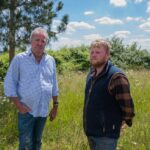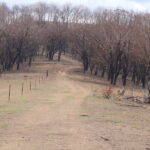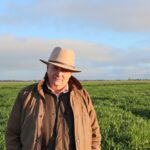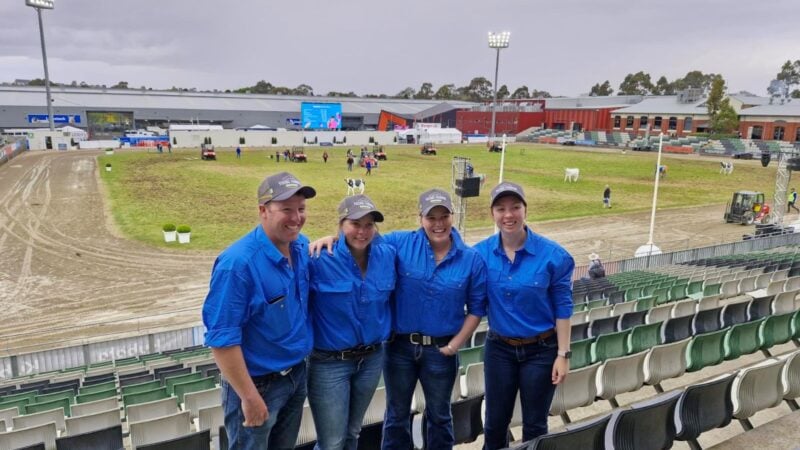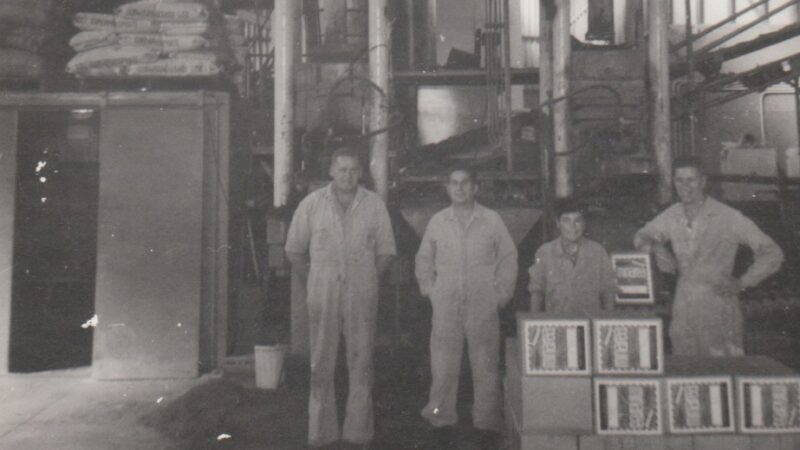Motoring journalist Jeremy Clarkson has become an unlikely hero for British farmers thanks to his…
Farmers applaud pilot scheme for Farm Fire Units
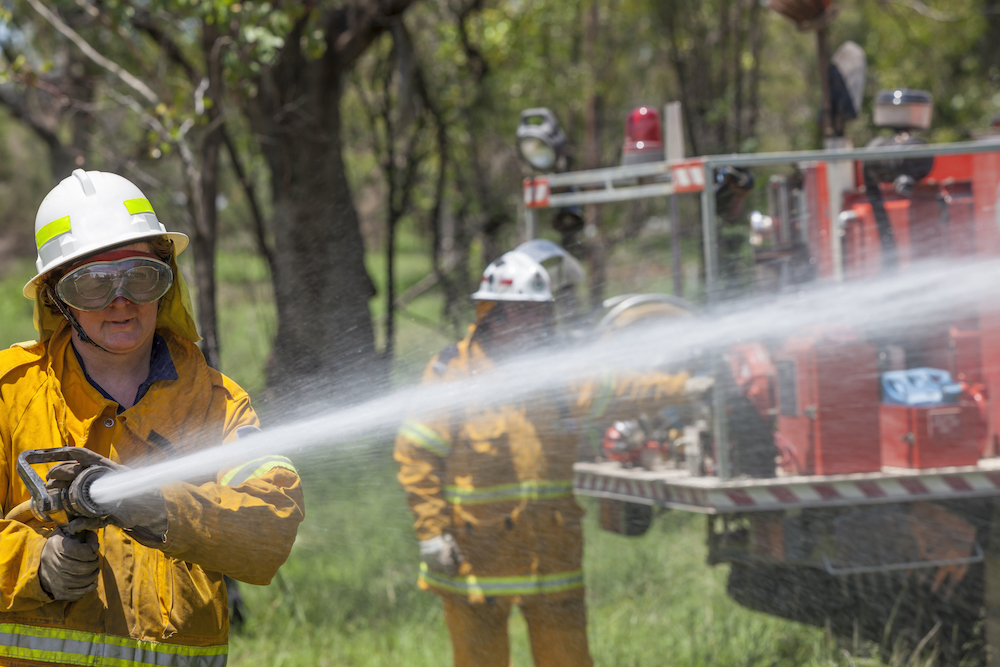
NSW trial initiative lifts red tape, enabling more effective rural firefighting responses.
In a win for NSW Farmers long-term advocacy, Transport for NSW and the NSW Rural Fire Service (RFS) have initiated a pilot scheme designed to aid farmers in their firefighting efforts during the bushfire season.
The scheme offers a registration waiver for farm vehicles utilised in combating fires, recognising the pivotal role that farmers play in the early defence of their own and neighbouring lands against bush and grass fires, often before the arrival of professional emergency responders.
During a trial period that ends on 31 March 2024, the State Government is allowing farmers to drive unregistered vehicles, used for firefighting purposes, within a 100 kilometre radius of their home.
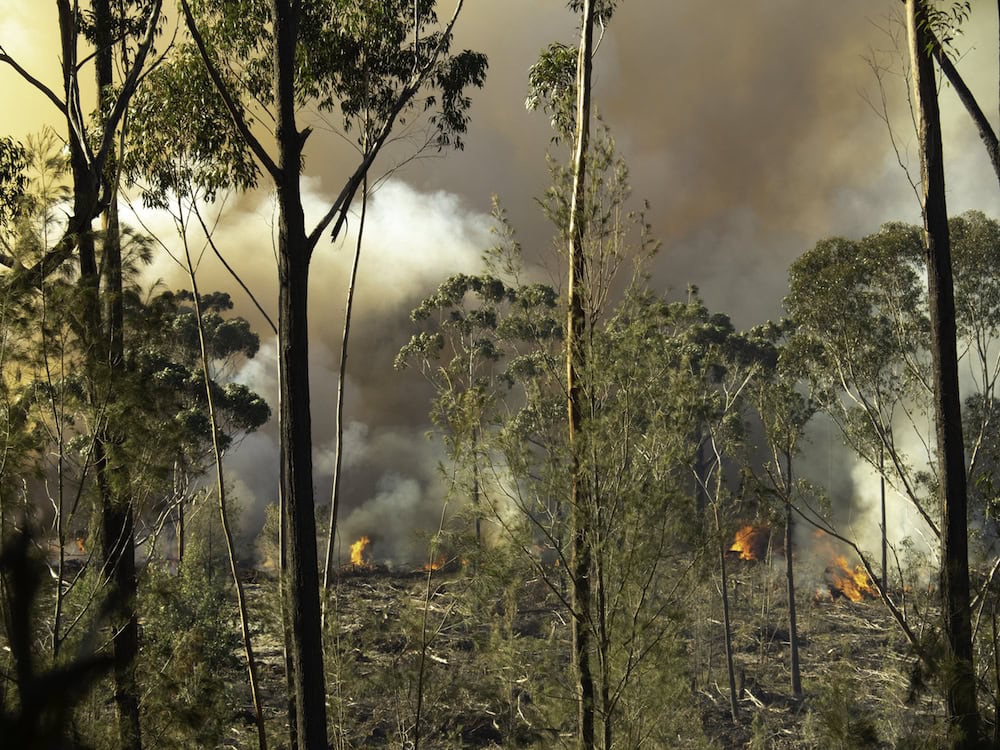
Farm Fire Units
Farm Fire Units (FFUs) are usually small trucks, utes or trailers with a tank of water that can be quickly deployed and used to move around farm properties in the event of a fire; many of these vehicles are not registered.
Farmers are often the first responders to fires in rural areas but, until now, these unregistered vehicles couldn�t be legally driven on roads.
The legal use of these vehicles on public roads to attend nearby fires is an important change during the final few months of the bushfire season, and is something many farmers and rural advocates have been calling for.
NSW Farmers Rural Affairs Committee member Garry Grant celebrated the success of the campaign advocating for practical measures regarding Farm Fire Units (FFUs).
He commended Transport for NSW and the NSW Rural Fire Service for their role in initiating the trial, which will guide future decisions for these essential units.
�Stopping fires as soon as we can is essential, and farmers play a key role in these firefighting efforts in rural communities. It�s pleasing to see our calls for the legal use of FFUs heard, as these vehicles have proved critical for farmers during many recent bushfires,� Mr Grant said.
Mr Grant claims the trial is a positive first step towards increased safety and peace of mind for many farmers across the state.
�Being able to use these vehicles legally and under the protection of third-party insurance would be the ultimate goal of this trial, which we welcome as the hot weather continues.
�If the trial is successful and FFUs can be operated while unregistered into the future, this would provide the clarity and assurance farmers have been looking for when operating these vehicles along public roads.�
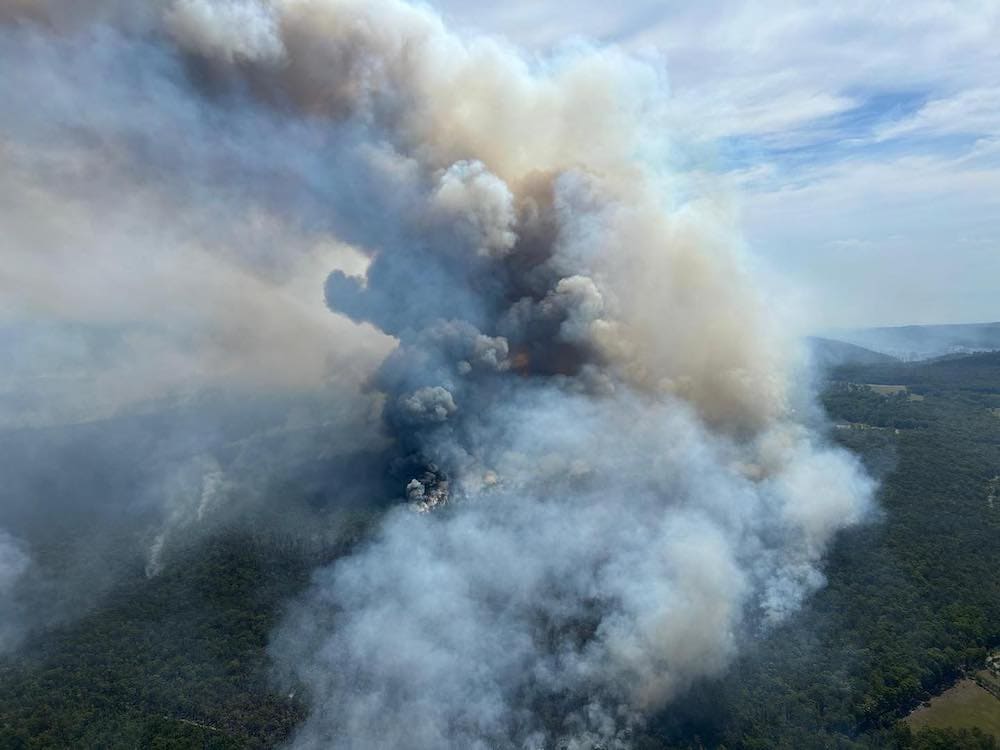
Removing red tape
This trial follows the approval in November 2023 of the Emergency Services Legislation Amendment Bill which made it easier for the NSW RFS to close roads in fire emergencies. Previously, the NSW RFS was required to seek approval from Transport for NSW to close a road.
Identifying whether a road was under the control of Transport for NSW was an additional and complicating factor for the RFS to manage in protecting communities from fires. However, under the new Bill, the RFS no longer needs permission.
NSW Minister for Roads John Graham claims the state government is committed to exploring innovative solutions to help out with rural firefighting efforts.
�For the duration of the trial, farmers will see the removal of red tape that will allow them to ready vehicles for protecting land, property, stocks and crops,� Mr Graham said.
�The mosquito fleet, as it�s affectionately known, has been an incredible asset for regional, rural and remote areas and I am glad the Labor Government is supporting the farmers to continue their vital, life-saving work.�
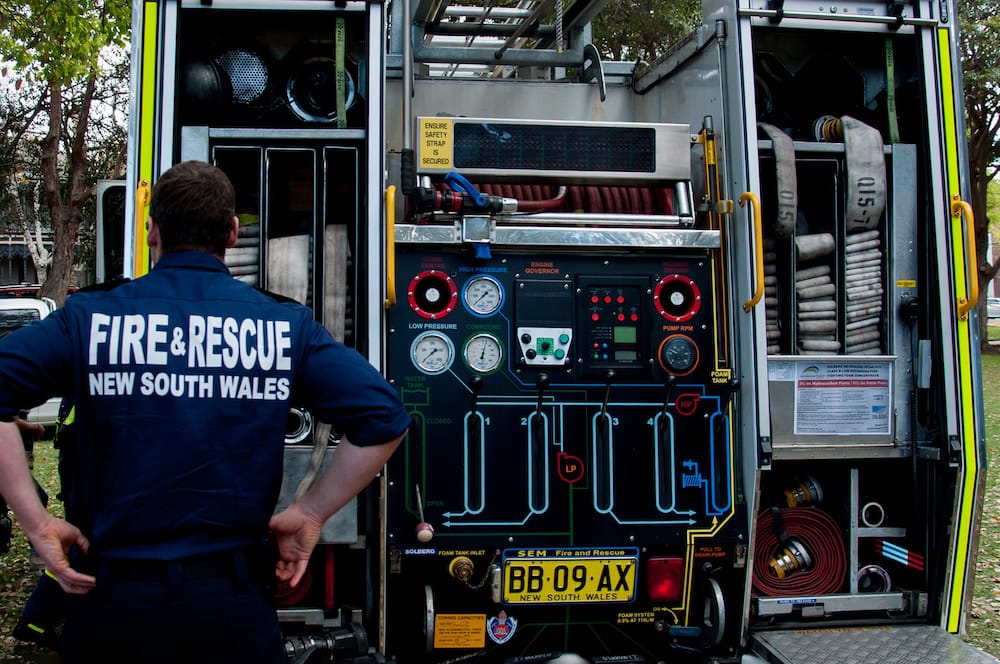
Minister for Emergency Services Jihad Dib said February and March could be challenging months for bushfires and grass fires.
�Landholders in rural areas can play a key firefighting role and this trial allows us to test an arrangement that rural advocates have been calling for. It�s expected this exemption will make it easier for landholders to fight fires on or near their properties,� Mr Dib said.
�This trial reflects our commitment to strengthening community safety and resilience, particularly in rural bush and grass-fire-prone regions.�
RFS commissioner Rob Rogers said the trial will help strengthen the integrated relationship between farmers and the RFS.
�Landowners with these vehicles and equipment play a critical role as initial responders to grass fires,� Mr Rogers said.
�This will lead to an even more integrated relationship between farmers and the RFS, leveraging all available resources and the expertise and dedication of farmers in safeguarding our communities.�
For further information and to nominate a vehicle for the trial, visit nswroads.work/fffv.
If you enjoyed this story about the unregistered vehicles trial, make sure to check out these firefighting heroes of Tenterfield.


